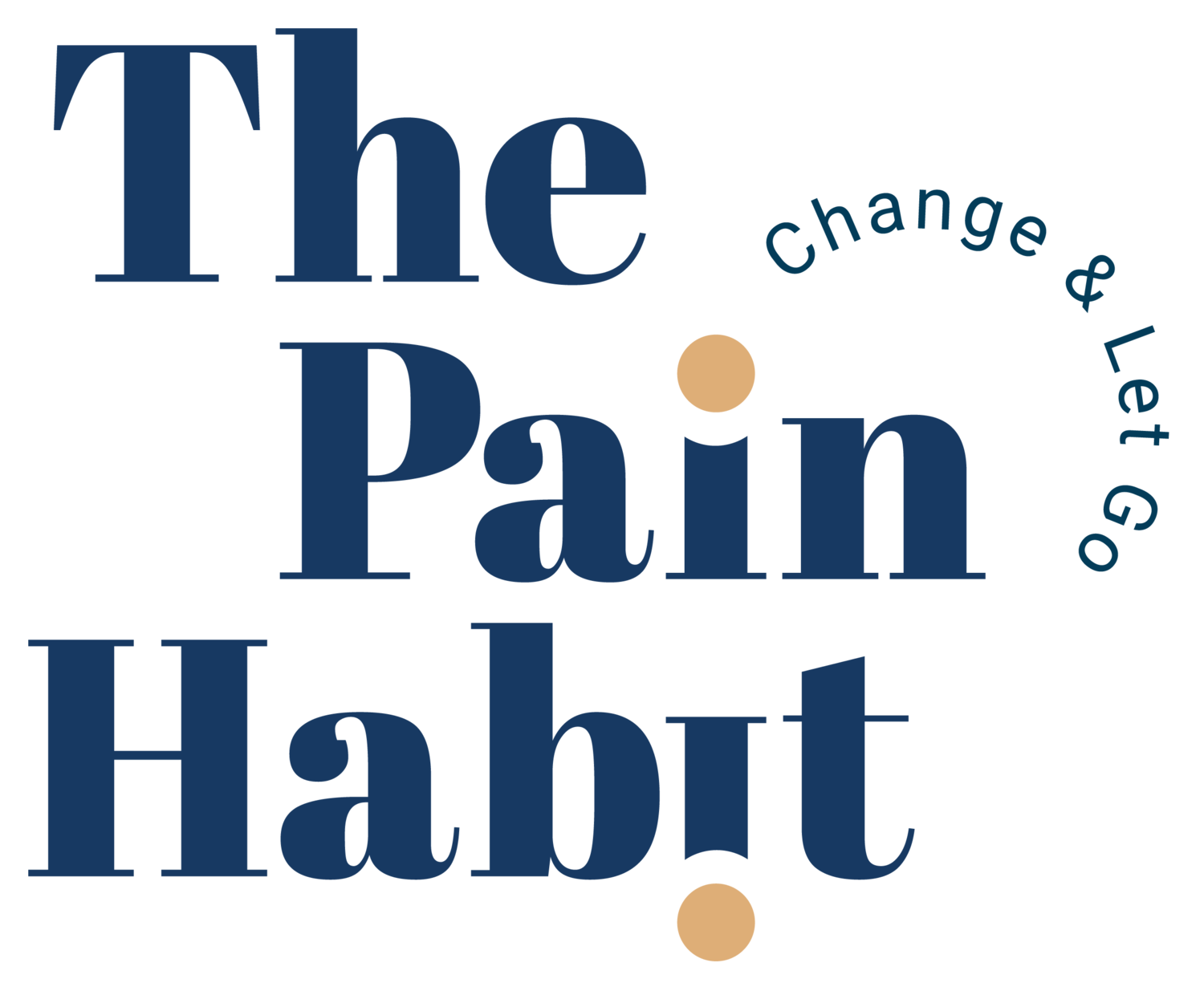FAQ: Should I Journal
Should I Journal?
Here's a question I received recently...
Do your patients recover without journaling/expressive writing?
What do people think of journaling? Is it helpful? I’ve read from Nicole Sachs and David Hanscom that this is necessary to recover, and Dr Sarno’s /Dr Schubiner’s programs were also based on writing.
The pain may have come on after a minor injury during a series of stressful events, but those are over now, and my life isn’t stressful anymore (although my nervous system hasn’t gotten the message yet).
But if the pain is there because the brain and nervous system are on high alert and stuck in fight/flight because the nervous system doesn’t feel safe, can dredging stuff upkeep the nervous system feeling unsafe?
I'm asking because I’ve been journaling for a few months with no change, so I’m wondering if it’s needed/helping!
I am starting to feel calmer, though, with the breathing exercises several times a day in the last week. I’m kindly/calmly reassuring myself that there is no physical injury and grateful that I know it’s not physical, just an overactive nervous system. I was in a permanently anxious state but have started to feel better mentally.
Intent is Key
The thing about any behaviour someone uses to help with persistent pain is that its success comes from its intent rather than the behaviour itself.
Whether thoughts, breathing, movements, or another emotional expression such as journaling.
Each can be the catalyst for change, or all of them can fail.
Find The Thing
You have to find the thing that authentically makes you feel safe in the tiniest way and create a reward loop for that new behaviour in the presence of painful circumstances.
Because our brains overthink pain in a desperate attempt to escape it, we’ll jump on any behaviour that we’ve heard can help others and crave success, which inevitably means it fails.
I’m a physio, so I love movement. I was also a professional footballer, so I knew the freedom of expressing myself with a ball at my feet as a young child, adolescent and young man. So I get the same feelings now just typing this.
So is writing this down making me feel good by taking myself to a safe place? Or is it through focusing on something safe beyond any elements in life that may or may not create stress?
More Interest
I am not overly interested in writing about any bad things in my life, but that’s only my perspective. I have to admit that thanks to Daniel Hindsley’s experience, it is something I feel I’m becoming more interested in.
Knowing what I now know probably means that it would be good for me, and once or twice I tried it, I immensely enjoyed it.
However, I prefer a different starting point.
It has been the one thing that has been a catalyst for improvement in some patients when all the other things I've suggested have been slow to create traction.
But it isn't critical that anyone does this, so although some may feel comfortable doing it, it must only be with the right intent.
Dig up and Re-Traumatise
Not to dig up and re-traumatise as that helps repeat the cycle. But the same re-traumatisation can come from movement, thinking, and breathing if done unconsciously and not consciously.
It is easy to fall back into the old protective patterns with new and theoretical recovery procedures. Unfortunately, our brains often hijack the process and overanalyse how we perform in this new technique, and we feel pressure to succeed.
Lighten Up
So anything we can do that represents us saying to ourselves, ‘lighten up, ‘you’re ok now, and this is me showing you that we’re ok, ‘I’ve got this, or anything with a similar relaxed, caring, loving, compassionate tone will work.
And it will work without effort, analysis or measurement.
It will feel so different from how your brain and body have interpreted feelings for so long.
It may feel so counterintuitive that when it happens, your brain will try to suggest you don't do it again and throw any form of obstacle to stop you from doing it again.
Start Small
So if you feel this resistance, start small and create a habit so that resistance to doing it fades.
I repeat that everyone doesn't need to do it to recover. Still, everyone should be aware that it is fundamental in recovery for some. I’ll also upload a file which gives instructions and guidance on journalling that I got from my colleague Georgie Oldfield.
My dad told me once that ‘the only thing you get from looking back, son is a stiff neck’.
So it wasn't for him, and that may be why it isn't my first port of call, and I don’t point to it as a starting point, but that doesn't mean it shouldn't be yours.
If your intent is calm, and you frame the moment as being compassionate and loving to yourself, then get out your ballpoint pen and scribble.
What’s next?
Take Your First Step to Recovery.
Join our FREE private Facebook group, The Pain Habit Community, to see how others have successfully returned to a pain-free life. Get support on your journey.
Sign up for The Pain Habit Blog below.
Subscribe to The Pain Habit YouTube channel.
Buy The Pain Habit book. Order here.




